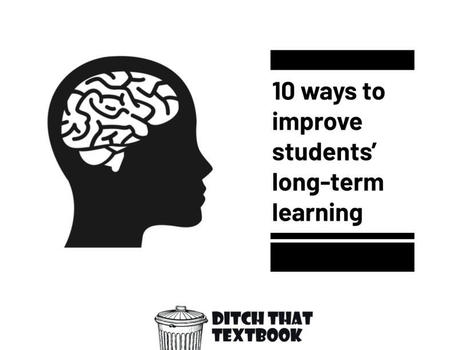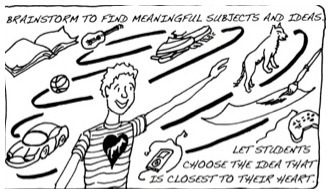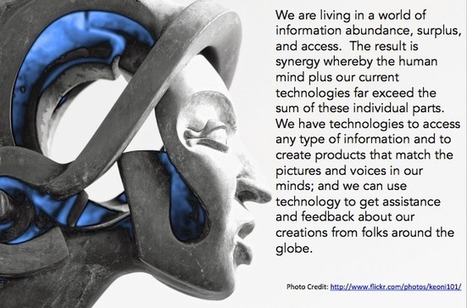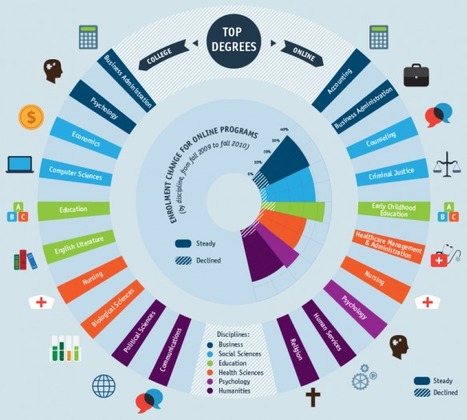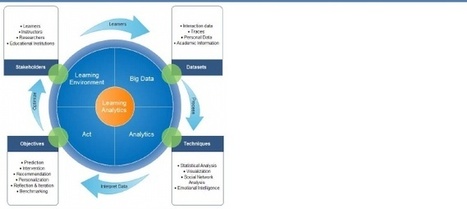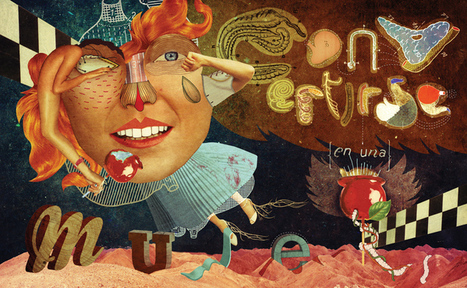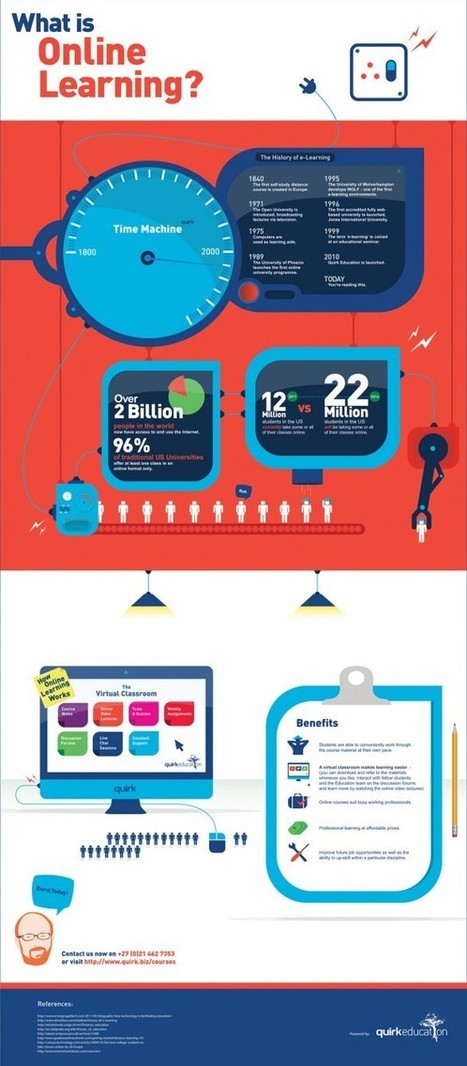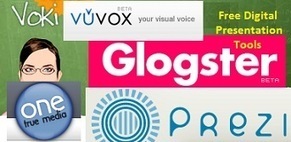Robin Good: Must-read article on ClutterMuseum.com by Leslie M-B, exploring in depth the opportunity to have students master their selected topics by "curating" them, rather than by reading and memorizing facts about them.
"Critical and creative thinking should be prioritized over remembering content"
"That students should learn to think for themselves may seem like a no-brainer to many readers, but if you look at the textbook packages put out by publishers, you’ll find that the texts and accompanying materials (for both teachers and students) assume students are expected to read and retain content—and then be tested on it.
Instead, between middle school (if not earlier) and college graduation, students should practice—if not master—how to question, critique, research, and construct an argument like an historian."
This is indeed the critical point. Moving education from an effort to memorize things on which then to be tested, to a collaborative exercise in creating new knowledge and value by pulling and editing together individual pieces of content, resources and tools that allow the explanation/illustration of a topic from a specific viewpoint/for a specific need.
And I can't avoid to rejoice and second her next proposition: "What if we shifted the standards’ primary emphasis from content, and not to just the development of traditional skills—basic knowledge recall, document interpretation, research, and essay-writing—but to the cultivation of skills that challenge students to make unconventional connections, skills that are essential for thriving in the 21st century?"
What are these skills, you may ask. Here is a good reference where to look them up: http://www.p21.org/storage/documents/P21_Framework_Definitions.pdf (put together by the Partnership for 21st Century Skills)
Recommended. Good stuff. 9/10
Full article: www.cluttermuseum.com/make-students-curators/
(Image credit: Behance.net)
Via
Robin Good,
João Greno Brogueira,
Amanda McAndrew,
THE OFFICIAL ANDREASCY,
Silvano Poblano Morales




 Your new post is loading...
Your new post is loading...

